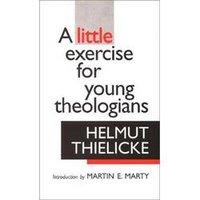Here are a few quotes:
“I am sure I have always thought of Christmas-time, when it has come round – apart from the veneration due to its sacred name and origin, if anything belonging to it can be apart from that – as a good time; a kind, forgiving, charitable, pleasant time; the only time I know of, in the long calendar of the year, when men and women seem by one consent to open there shut up hearts freely, and to think of people below them as if they really were fellow-passengers to the grave, and not another race of creatures bound on other journeys. And therefore, uncle, though it has never put a scrap of gold or silver in my pocket, I believe that it has done me good, and will do me good; and I say, God bless it!”
“It is a fair, even-handed, noble adjustment of things, that, while there is infection in disease and sorrow, there is nothing in the world so irresistibly contagious as laughter and good humor.”
“Oh cold, cold, rigid, dreadful Death, set up thine altar here, and dress it with such terrors as thou has at thy command, for this is thy dominion! But of the loved, revered, and honored head, thou canst not turn one hair to thy dread purposes, or make one feature odious. It is not that the hand is heavy, and will fall down when released; it is not that the heart and pulse are still; but that the hand was open, generous, and true, the heart brave, warm, and tender, and the pulse a man’s. Strike, Shadow, strike! And see his good deeds springing from the wound, to sow the world with life immortal!”
“Some people laughed to see the alteration in him, but he let them laugh, and little heeded them, for he was wise enough to know that nothing ever happened on this globe, for good, at which some people did not have their fill of laughter in the outset…”










